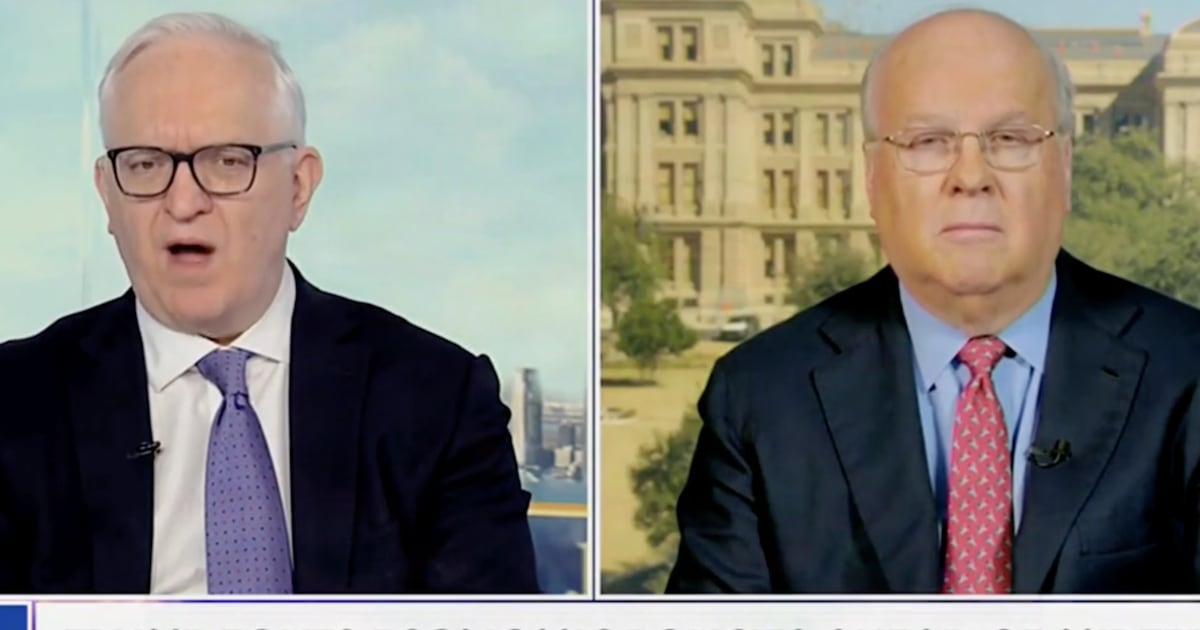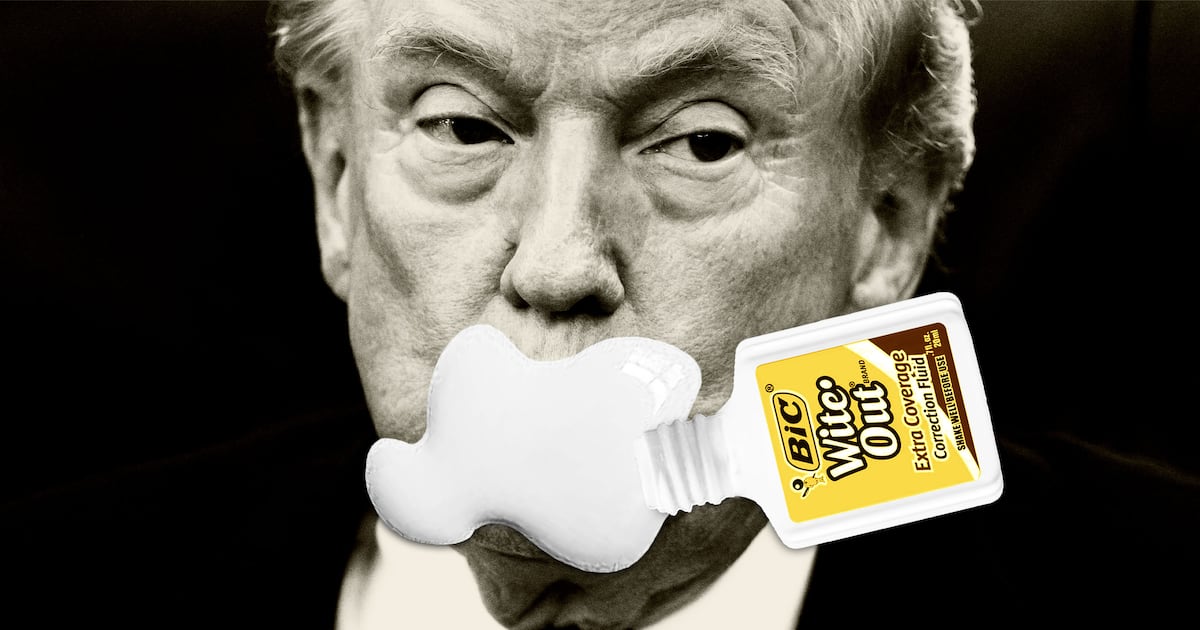If the history of modern Russia is a history of ominous knocks at the door, then last month, history caught up with Natalia Pelevina.
One of the few female Russian opposition leaders, Pelevina at first mistook the visitor to her apartment in the Butovo district of Moscow on April 17 as a roving potato merchant. “We thought it was some farmers and so we just ignored it. Then, a couple of hours later, when I was ready to leave, I opened the door and this guy sticks a badge in my face and starts pushing me inside. The first things he says is, ‘We’re coming in because we have information that a highly dangerous criminal lives in this apartment.’”
Pelevina was more bemused then scared, figuring the cop had the wrong address. But then the badge-brandisher was joined by six of his colleagues, a mixed team featuring officers from Russia’s Investigative Committee (SK) and its Interior Ministry (MVD). The former head of the December 5 Party—so named for the date of Russia’s largest protest movement since the collapse of the Soviet Union—was about to have her home upended in search for proof that she was an American agent and financier of “riots.”
Now, any story out of Putinist Russia needs to be accompanied by its own glossary of terms, which appears invented by a commissar assigned to oversee ideological rigidity of Lewis Carroll. “Fascist,” for instance, means “democratic,” while “democratic” almost certainly means “fascist,” especially when the subject is a foreign country, such as Ukraine, Lithuania, or Estonia. “Rioter,” meanwhile, is a domestic coinage referring to “protester” or “member of the opposition” or, in more ennobled cases, “dissident.”
“I was trying to call my lawyer right away,” Pelevina, a longtime friend, tells me, a few weeks after her uninvited guests had gone. “The main guy with the badge starts ripping the phone out of my hand. ‘Both of you have to sit down,’ he said to me and my partner. ‘You can’t talk to each other, you can’t make any calls. This is the warrant to search your place.’ They were very thorough; they went through everything—my clothes, my dresses, my tights, my socks. They took all my computers, phones, anything remotely electronic, even battery chargers. They took my passport. The house was a mess. Every time I told them they were violating my rights by not allowing me to call my lawyer, they didn’t care.”
A house raid is less common than you might think in Putinshchina. The reason one generates panicked headlines in the dwindling sphere of an independent Russian media is that it rarely, if ever, occurs in isolation: typically, having one’s home searched is preliminary for an impending dam-break of state harassment, vilification, and inevitable prosecution.
“I can’t say I was shocked,” Pelevina, says. “Especially after Boris’s assassination.”
Boris here is Nemtsov, the former deputy prime minister of Russia who, on February 27, was shot in the back five times as he walked home alongside his Ukrainian girlfriend on Bolshoy Moskvoretsky Bridge, 61 meters from the Kremlin and one of the most heavily invigilated areas of Moscow. This week, Nemtsov’s colleagues published a report the slain dissident had been working on for months, documenting the number of Russian soldiers who have died in Putin’s dirty, undeclared war in Ukraine, as well as the total cost to Russian taxpayers of underwriting that war ($50 billion) and maintaining an illegal occupation of Crimea ($1 billion). Several astute observers of Nemtsov’s murder have argued that, given the skill and competence required to perpetrate such an “operation,” it is highly probable that agents of the Federal Security Service (FSB)—the latter-day KGB—were behind it.
Time has since been measured by the opposition as Pre-Boris and After-Boris: After-Boris, any attention involving badge-flashers and drawer-riflers has come to mean, “Will I be next?” At Nemtsov’s funeral, a strange man approached Kseniya Sobchak, the TV chat show host and daughter of former Leningrad mayor Anatoly Sobchak—once upon a time Putin’s political patron and mentor—and told her that she would be next. Sobchak wisely left Russia for a time. Alexei Venediktov, the editor-in-chief of Ekho Moskvy, a still somewhat independent radio station, was personally threatened by Ramzan Kadyrov, the warlord-president of Chechnya, for publishing on the outlet’s website the Charlie Hebdo cartoons mocking religion, including Islam. (In one of the least plausible explanations for the motive behind Nemtsov’s murder, it was alleged that his solidarity with the Hebdo massacre victims led to a fall into disfavor with Islamic extremists who then exacted revenge.) Venediktov, too, left Russia for a while, then came back. Rumors abound that there may even be a Kadyrov “hit-list.”
Nonetheless, Pelevina has retrenched rather than retreated. In early March, largely as a show of solidarity, Pelevina quit her own party and joined Nemtsov’s Republican Party of Russia—People’s Party (RPR-PARNAS), which, formerly headed by a troika, has now been reduced to one co-chair, post-Boris: former prime minister Mikhail Kasyanov. It was to put pressure on Kasyanov, Pelevina believes, that she was targeted. There may have been another reason, too. The warrant to raid her place was signed by Artur Karpov, a “Magnitsky judge”—that is, one of a number of jurists who have been implicated in Russia’s largest conspiracy under the Putin regime, in which officials from the nation’s tax bureaus, Interior Ministry and FSB stole $230 million in a tax scam, then allegedly had Sergei Magnitsky, the whistleblowing attorney who exposed them all, murdered.
In 2013, Karpov refused to hear a lawsuit brought by the law firm Firestone Duncan, demanding that the Investigative Committee do its titular job and investigate the officials implicated by Magnitsky. (A U.S. sanctions law now bars entry into the United States and seizes any American-held assets of those officials). Theoretically the Magnitsky Act can and should be used to blacklist other officials credibly accused of gross human rights abuses not related to this one affair, although the Obama administration has obstructed every attempt to do that, even with Russia sanctions in place over the invasion of Ukraine.
(In 2013, Magnitsky was found guilty, posthumously, of tax evasion in Russia’s first ever trial of a corpse and human history’s second ever since the “Cadaver Synod” of Pope Formosus in the 9th century.)
Pelevina had been scheduled to leave for Washington, D.C., on Friday, April 17—three days after the raid—where she was to speak at an event hosted by the National Endowment for Democracy and brief legislators and State Department officials on the dire condition of civil liberties and human rights in Russia. A frequent visitor to these shores owing to her family’s residence in New Jersey, she has also been an important conduit of information to Congress on the Magnitsky case, and makes no secret of the fact. She resides on the advisory board of the Justice for Sergei Magnitsky Inter-Parliamentary Group, on which I also sit. A few years ago, after trying in vain to open a criminal investigation into the origins of a mysteriously sizable fortune held by Russia’s First Deputy Prime Minister Igor Shuvalov, Pelevina received a death threat via her lawyer. “When we do you it won’t be clean like [murdered Russian journalist Anna Politkovskaya],” it read. “It’ll be a drunkard smashing your head in with a cinder block.”
So Judge Karpov may have had a personal interest in seeing this activist’s home upended and her travel plans aborted. He’s lately ordered the arrests of other “rioters” affiliated with the 2011 protest movement (launched after one stolen Duma election too many), and by certifying the house arrest of the opposition’s rioter-in-chief, Alexei Navalny. Pelevina is close friends with Navalny, and Putin’s enforcers know it. One of these is Interior Ministry officer Michail Voinovsky, who conducted her apartment search and has also conducted several in Navalny’s home. “He was trying to intimidate me,” Pelevina says. “‘Oh, look what we found’—that kind of shit. He told me at one point, ‘Say hello to Lyosha [Navalny’s nickname]. Tell him I’ll be coming to his place soon. I’ll be seeing both of you a lot in the near future.’”
There was one item in her apartment Pelevina actually wanted Voinovsky to confiscate. It was a letter written by Dmitry Dovgiy, a former director of the Main Investigative Department of the Investigative Committee, depicting the entire agency as being thoroughly compromised, with payoffs both dictating what cases were opened against people and which were shut.
Dated May 19, 2008, Dovgiy’s letter was addressed personally to former Russian President Dmitry Medvedev. Dovgiy alleges that his boss, Committee Chairman Alexander Bastrykin, a man who once threatened to behead a journalist in a forest for unflattering press coverage (he apologized for it), has transformed his law enforcement bureau “virtually… into a branch of the FSB” and subordinated its jurisdiction to the FSB’s former counterintelligence chief V. P. Maksimenko.
Maksimenko, wrote Dovigiy, headed a sub-section of the Committee and allegedly staffed it with cronies from his prior job until his resignation in 2009. He thus used a putatively independent and autonomous law enforcement body to settle old FSB scores, typically against rival government arms, such as the Federal Narcotics Service.
When Dovgiy himself blew the whistle on this racket, he was sacked, as were all of his loyal subordinates. He was then accused of taking bribes for doing what he accused Bastrykin of doing—putting the kibosh on credible criminal cases. Although a separate investigation conducted by the Prosecutor General’s Office exonerated him, Dovgiy succumbed to the tendentious judiciary now hoovering up critics of the regime: He was arrested and served more than half a decade in prison. He was released two months ago and now lives in St. Petersburg. With his permission, Pelevina sent me a copy of his letter to Medvedev, which has never before been published publicly. (A full English translation, done by my colleague Catherine Fitzpatrick, can be read here.)
“If these guys who tore up my house had any soul, or even any sense of their own eventual fate, they’d realize who they’re working for,” says Pelevina. “I told Voinovsky, ‘Yes, please take this letter and read it carefully!’”
She was ultimately hauled into the SK’s headquarters, where officers tried questioning her for a few hours. “I remained silent. I referred to Article 51 [of the constitution], which allows you to not testify. I was without my lawyer, I didn’t have my phone. They kept pushing, kept pressuring me to say something, anything. And I wouldn’t. They got really mad. One of the interrogators started yelling at me and threatening me: ‘What you’re doing is making the situation worse.’”
They also threatened and insulted her friend, Navalny. “‘We have nothing against him,’ they said, ‘But he’s a thief.’ With me, it’s that I’m a Western spy who financed the protests. There’s even a video now of me being a foreign agent, with a funny song and collage of myself with [John] McCain. This was released on YouTube a couple of days after the whole thing.”
As of this writing, Pelevina feels somewhat at ease. “There’s reason to be optimistic that my status hasn’t changed for the worse,” she says. “But they do have my passport, which means I can’t leave. They think they have time. They’ve understood that I’m not going to run without a passport.”
“I’m not ruling out that they will charge me with something. In Russia, with politically active people, mistakes don’t happen. I don’t think I’ll be killed. My case got a lot of attention. And, you know, the regime monitors the reaction of society and media. If there’s no reaction, they know they can do anything.”






